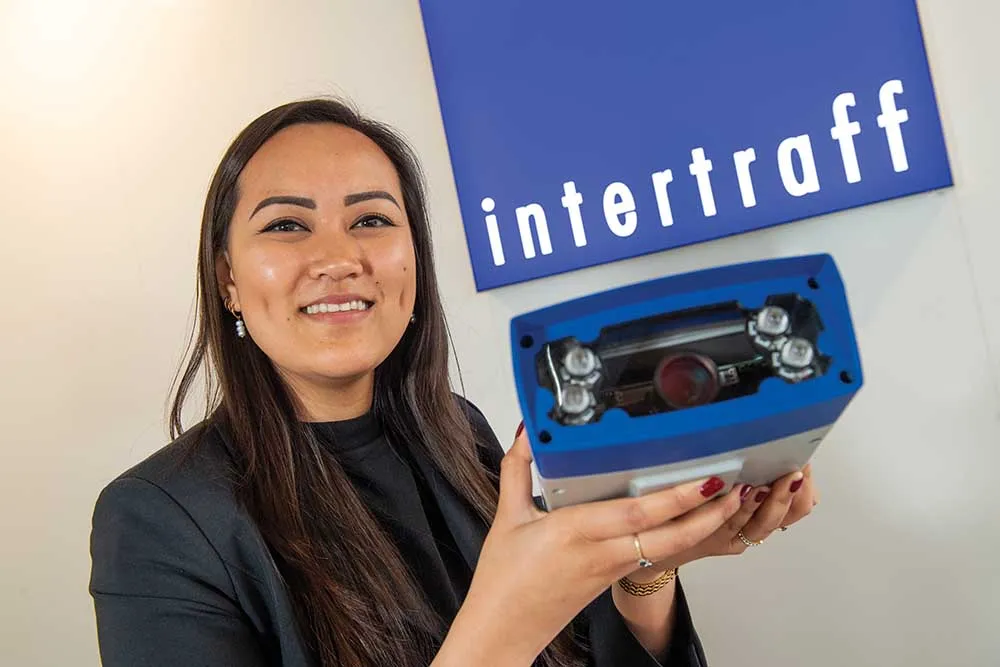TISPOL, the European Traffic Police Network has announced the provisional results from the first pan European 24-hour speed enforcement marathon, carried out on Thursday and Friday, 16 and 17 April.
So far, a total of 122,581 speeding offences were detected exceeding speed limits between 6am on Thursday and 6am on Friday. 17 out of 22 countries have now provided data. Of these, 116,479 were detected by police officers, with 6,102 detections using automatic devices.
A total of 4,253,386 vehicles wer
April 20, 2015
Read time: 2 mins
So far, a total of 122,581 speeding offences were detected exceeding speed limits between 6am on Thursday and 6am on Friday. 17 out of 22 countries have now provided data. Of these, 116,479 were detected by police officers, with 6,102 detections using automatic devices.
A total of 4,253,386 vehicles were checked during the 24-hour marathon.
The countries who have provided data so far are: Cyprus (350 offences); Germany (91,262); Estonia (396); Finland (1,295); Hungary (4,928); Croatia (2,185); Italy (5,561); Luxembourg (344); Lithuania (1,978); Latvia (807); Malta (7); Norway (918); Netherlands (2,366); Portugal (1,349); Slovakia (2,145); Slovenia (1,225) and Serbia (2,370).
TISPOL president Aidan Reid commented: “The sole purpose of our actions is to save lives on Europe’s roads. We want drivers to think about the speeds they choose; speeds which are both legal and appropriate for the conditions. We want to get into the heads of drivers, not their purses.
“It is disappointing that so many drivers failed to heed the warnings. But it is vital that we take action against those who fail to comply with speed limits. Illegal and/or inappropriate speed is the single biggest factor fatal road collisions.
Last year, 27,500 people died in road collisions throughout the









